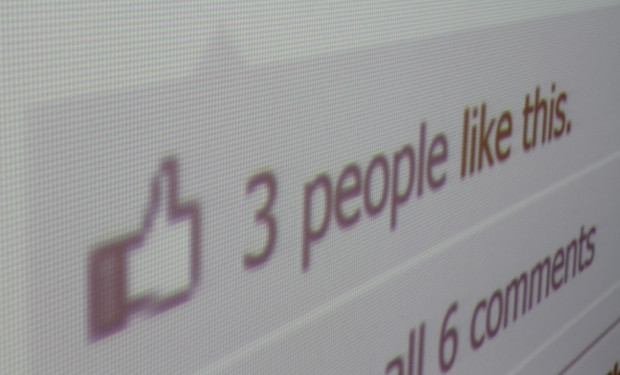Facebook Legal Battles Continue: When You Become an Advertisement [Updated]
Updated January 11, 2014: Facebook has updated its Platform Roadmap and will be ending the controversially-implemented Sponsored Stories, noting in its Roadmap that “sponsored stories will cease to have delivery after April 9th.”
Updated August 29, 2013: Judge Richard Seeborg approved a final settlement of the Fraley case discussed below. Facebook users joining the class action were awarded $15 (pdf) per claimant.
The Facebook “like” feature allows users to show that they like a product, event, picture, or business. Though seemingly harmless, the “like” feature has been the unsuspecting player in recent legal battles centering on claims of constitutionality and privacy. This past April, the United States District Court for the Eastern District of Virginia held in Bland v. Roberts that “merely ‘liking’ a Facebook page [was] insufficient speech to merit constitutional protection.” Thus, a Facebook user cannot claim an act of “liking” something is speech protected by the Constitution.
In addition, the “likes” received by a particular business do not translate into expected customers, according to Lown Companies LLC v. Piggy Paint LLC. In Lown, Piggy Paint had a Facebook page with 19,000 “likes.” The page was taken down because of trademark infringement and Piggy Paint sued on the basis of tortious interference with business expectancy. However, the court stated that,
Piggy Paint has not shown any valid business expectancy. Although Piggy Paint alleges that it had 19,000 “fans” of the page, Piggy Paint has not and cannot show that the removal of the Facebook page – which did not offer any means of placing orders or doing business – resulted in the loss of any business . . . Piggy Paint’s alleged business expectancy with the “fans” of its Facebook page is too indefinite to form the basis of an actual expectation of business . . .
Despite being an unprotected form of speech and an invalid calculation for business expectancy, the “like” feature has once again stirred up controversy. The recent filing of Fraley et. al. v. Facebook challenged yet another aspect of the “like” feature: Facebook’s use of “likes” for Sponsored Stories.
Sponsored stories turn a user who like a particular product, for example, into a spokesperson for the product in ads targeted to the user’s friends. According to Facebook, sponsored stories are “posts from your friends or pages on Facebook that a business, organization or individual has paid to highlight so there’s a better chance you’ll see them.” Among other things, a sponsored story is created when someone likes a page, RSVPs to a certain event, uses an app, or likes or shares a website. While you cannot opt out of being featured in a sponsored story, you can control who sees them.
Fraley was filed in the United States District Court of Northern California. Angel Fraley, one of five plaintiffs, clicked the “like” button on Rosetta Stone’s page to receive a free software demonstration. Subsequently, Fraley’s name and picture appeared on her friends’ Facebook pages as a Sponsored Story along with the sentence, “Angel Fraley likes Rosetta Stone.” At the time she clicked the “like” button, Fraley was unaware that she would become part of an advertisement.
The court focused on the nature of the advertising, specifically the high monetary value of the sponsored stories. Because Facebook cites research that shows referrals from friends are a highly effective marketing technique, companies pay Facebook twice the normal amount for the ability to become a sponsored story. This economic incentive provides a possible explanation as to why Facebook has fought to sustain the “like” feature.
The plaintiffs in Fraley alleged that Facebook violated their statutory right of publicity under California Civil Code § 3344, the Unfair Competition Law, that Facebook was unjustly enriched by the sponsored stories, and that Facebook misappropriated plaintiffs’ likeness and identity without consent. Facebook made motions to dismiss the allegations, but only the unjust enrichment claim was dismissed.
Facebook eventually offered a twenty million-dollar settlement, but as of August 1, the settlement was pending pursuant to a ruling from United States District Judge Richard Seeborg. Judge Seeborg has “significant concerns” about the settlement, specifically that Facebook is slated to pay twenty million in cash – none of which would go to the plaintiffs. However, according to Facebook attorney Michael Rhodes, the settlement has “significant benefits to the [plaintiffs],” as the settlement agreement would provide Facebook users more control over their privacy settings.
While a decision is not expected from Judge Seeborg for several months, the settlement does not do away with the sponsored stories. If you’re one of the social network’s 100 million active users, feel free to “like” all you want. Just do so at your own risk, and with the knowledge that you could become the main character of your own sponsored story.

